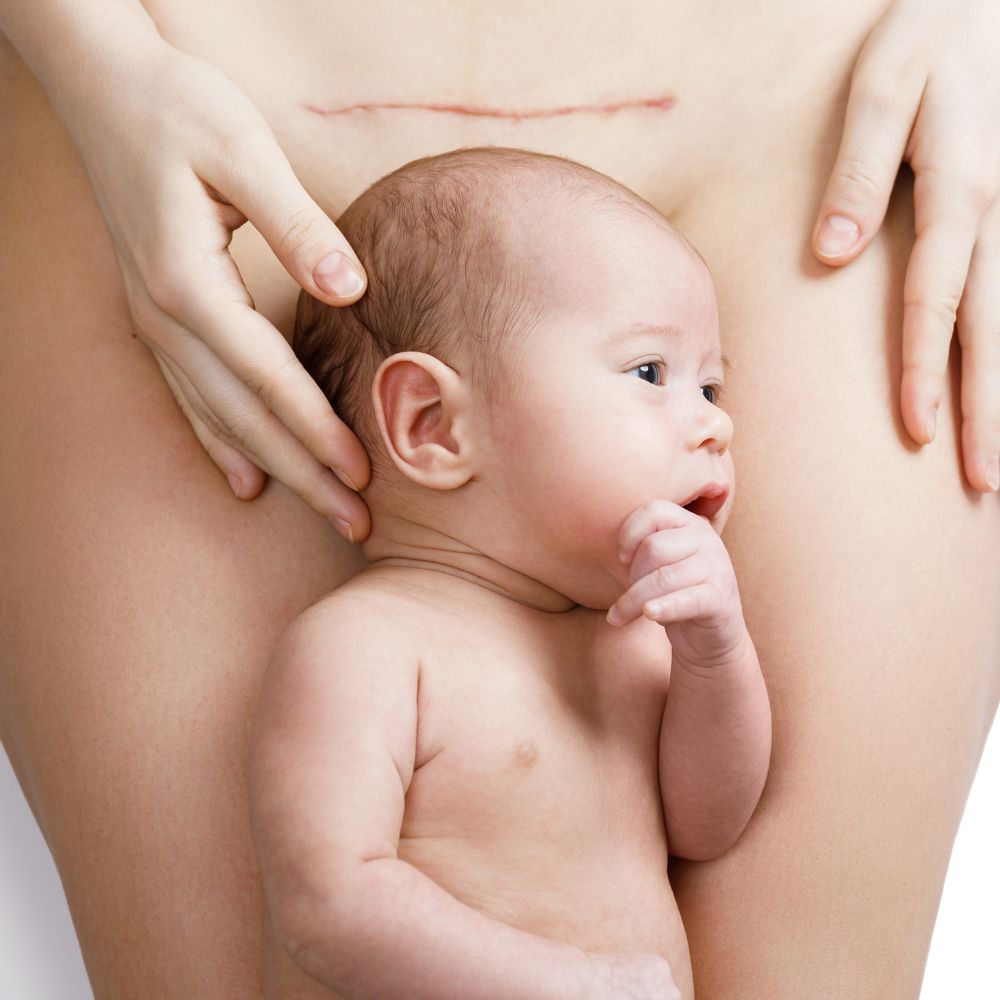C-Section Recovery: A Comprehensive Guide to Healing and Well-being
Bringing a new life into the world through a cesarean section (C-section) is a remarkable journey. While the procedure can be necessary and life-saving, it also requires careful post-operative care and recovery. In this blog post, we'll provide a comprehensive guide to C-section recovery. Whether you're an expectant mother preparing for a C-section or currently in the recovery phase, this informative article will help you understand the process, promote healing, and support your overall well-being.
Understanding C-Section Recovery:
Recovering from a C-section involves several aspects that require attention and care. Let's explore these aspects in detail:
- Physical Recovery:
- The recovery timeline: Understand that the recovery process can vary from person to person, but most women can expect a full recovery within six to eight weeks.
- Pain management: Follow the pain relief plan provided by your healthcare provider, which may include prescribed medications. Use heat packs or cold compresses to alleviate discomfort.
- Wound care: Keep the incision area clean and dry. Follow your healthcare provider's instructions on wound care and dressing changes.
- Gradual physical activity: Start with gentle movements and slowly increase your activity level as advised by your healthcare provider.
- Supportive garments: Consider using abdominal binders or support belts to provide extra support to your abdominal muscles.
- Emotional Well-being:
- Emotional adjustment: Understand that recovering from a C-section can be emotionally challenging. Give yourself time to process your feelings and seek support from your partner, family, or friends.
- Rest and self-care: Prioritise rest and self-care during the recovery period. Get sufficient sleep, eat nutritious meals, and engage in activities that help you relax and rejuvenate.
- Seek emotional support: Connect with other mothers who have experienced C-sections by joining support groups or online communities. Sharing experiences and concerns can provide valuable support and reassurance.
- Post-operative Symptoms:
- Pain and discomfort: It's normal to experience pain and discomfort after a C-section. Follow your healthcare provider's recommendations for pain management and take prescribed medications as directed.
- Incision healing: Pay attention to the incision site for signs of infection, such as redness, swelling, or discharge. Contact your healthcare provider if you notice any concerning symptoms.
- Vaginal bleeding: Expect some vaginal bleeding or discharge after a C-section, similar to what you would experience after vaginal birth. Use sanitary pads and avoid tampons to prevent infection.
- Breastfeeding and Bonding:
- Initiating breastfeeding: Breastfeeding after a C-section may require some adjustments. Seek support from a lactation consultant or breastfeeding specialist to ensure proper latch and positioning.
- Skin-to-skin contact: Practice skin-to-skin contact with your baby as soon as possible after the C-section. This promotes bonding and helps establish breastfeeding.
- Postnatal Check-ups and Follow-up Care:
- Attend postnatal check-ups: Regularly visit your healthcare provider for postnatal check-ups to monitor your recovery progress and address any concerns.
- Contraception: Discuss contraception options with your healthcare provider to determine the most suitable method for you.
Recovering from a C-section involves both physical healing and emotional well-being. By following proper wound care, managing pain, seeking emotional support, practicing self-care, and attending postnatal check-ups, you can support your recovery and optimise your overall well-being. Remember, every woman's recovery journey is unique, and it's important to listen to your body and seek guidance from your healthcare provider as needed.
References:
- NHS. (2021). Recovering from a caesarean.
- The Royal College of Obstetricians and Gynaecologists. (2018). Caesarean Section: Information for You.
- BabyCentre UK. (2021). C-section recovery: Timeline, care tips, and exercises.
- Tommy's. (2021). Recovering from a caesarean birth.

